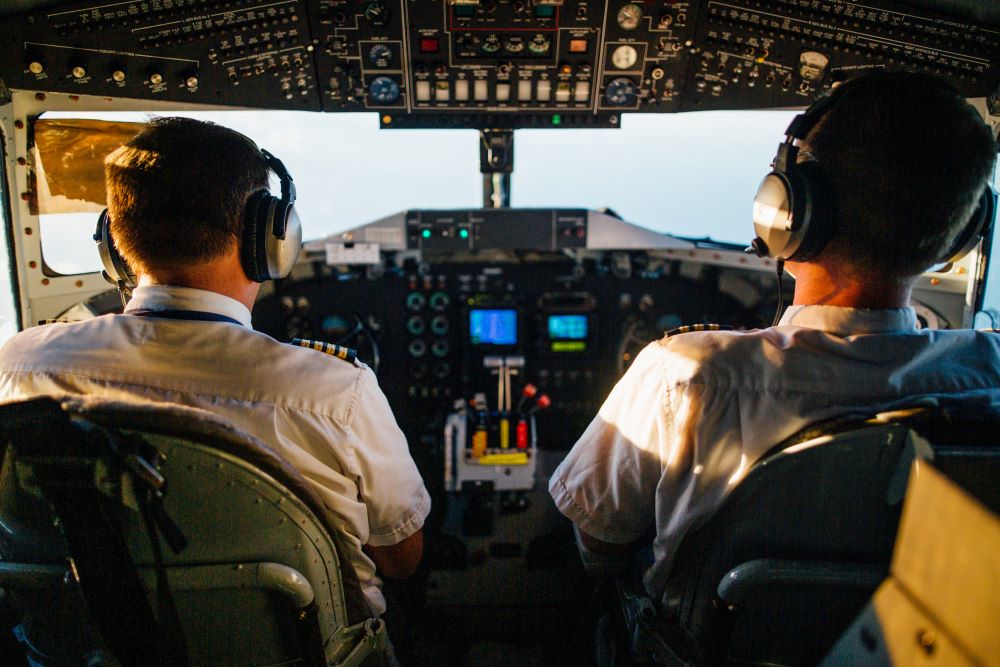Flying high: what you need to know about EASA class 1 medicals

A class 1 medical certificate is a requirement when you want to fly professionally. If you wish to fly in Europe or for a European airline you will need to have an EASA class 1 medical to prove you are fit and healthy to be a commercial or airline transport pilot. If you are about to embark upon your professional flying career, or need to renew your medical certificate, here is everything you need to know about the class 1 EASA medical so you can progress without delay.
Where can you get a class 1 medical done?
An EASA class 1 medical examination needs to be carried out at an AeroMedical Centre (AeMC) such as Heathrow Medical. We have specially approved medical facilities and are authorised to issue medical certificates for pilots. Our clinic is conveniently located adjacent to Heathrow Airport.
What do you need to bring with you?
It’s a good idea to bring anything that might jog your memory about your medical history, as you will be asked about this. You’ll also need your passport, and any current glasses or contact lenses that you wear. As you’ll need to give a urine sample, you will also be advised to arrive with a full bladder.
What is involved in a class 1 medical?
The process of assessing your eligibility for an EASA Class 1 Medical certificate involves a thorough examination of your medical history, a comprehensive physical examination, as well as vision and hearing tests, a urine test, and a finger-prick haemoglobin test to eliminate the possibility of anaemia. Moreover, depending on your age and medical background, further tests such as an ECG may be performed.
What happens at the end of the medical?
If you have met all of the necessary health and fitness standards then you will be issued with your certificate at the end of the medical exam. If any further investigations are needed then you may have to wait a little longer to find out if you have passed your medical.
How long is an EASA class 1 medical certificate valid for?
If you wish to carry on flying commercially, you will need to renew your medical certificate regularly.
The frequency of medical examinations for pilots varies depending on age and type of flying. Those under 40 years old need to renew their certificate every year, while those over 40 and engaged in single pilot commercial flights with passengers, or over 60 years of age, must undergo a medical check every six months. To renew a certificate, you have the option to revalidate it up to 45 days before the expiration date, or apply for a renewal if it has already expired.
Find out more
To book your EASA class 1 medical please contact us on 020 8528 2633 or click here for further information.
